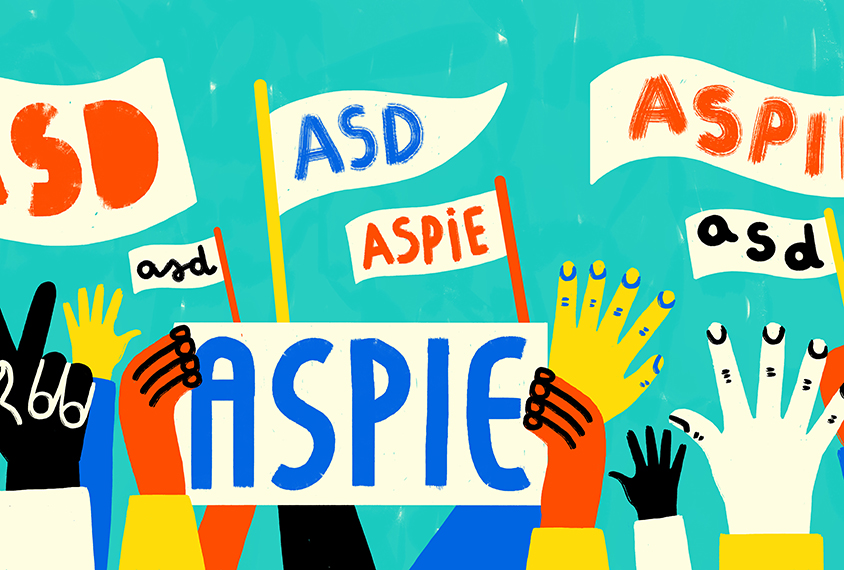Sandra Jones is pro vice-chancellor of engagement at Australian Catholic University in Melbourne, Australia. As an academic, she has researched autistic adolescent development, public understanding and acceptance of autism, and autistic people’s lived experiences of inclusion and exclusion. As an autistic woman and the mother of two adult autistic sons, she is a passionate advocate for the inclusion of autistic people in all aspects of society.

Sandra Jones
Pro vice-chancellor of engagement, Australian Catholic University
From this contributor
How the loss of Asperger syndrome has lasting repercussions
Some people who have lost the diagnosis of Asperger syndrome say they feel a loss of identity and worry about a loss of services.

How the loss of Asperger syndrome has lasting repercussions
Explore more from The Transmitter
Dendrites help neuroscientists see the forest for the trees
Dendritic arbors provide just the right scale to study how individual neurons reciprocally interact with their broader circuitry—and are our best bet to bridge cellular and systems neuroscience.

Dendrites help neuroscientists see the forest for the trees
Dendritic arbors provide just the right scale to study how individual neurons reciprocally interact with their broader circuitry—and are our best bet to bridge cellular and systems neuroscience.
Two primate centers drop ‘primate’ from their name
The Washington and Tulane National Biomedical Research Centers—formerly called National Primate Research Centers—say they made the change to better reflect the breadth of research performed at the centers.

Two primate centers drop ‘primate’ from their name
The Washington and Tulane National Biomedical Research Centers—formerly called National Primate Research Centers—say they made the change to better reflect the breadth of research performed at the centers.
Post-infection immune conflict alters fetal development in some male mice
The immune conflict between dam and fetus could help explain sex differences in neurodevelopmental conditions.

Post-infection immune conflict alters fetal development in some male mice
The immune conflict between dam and fetus could help explain sex differences in neurodevelopmental conditions.